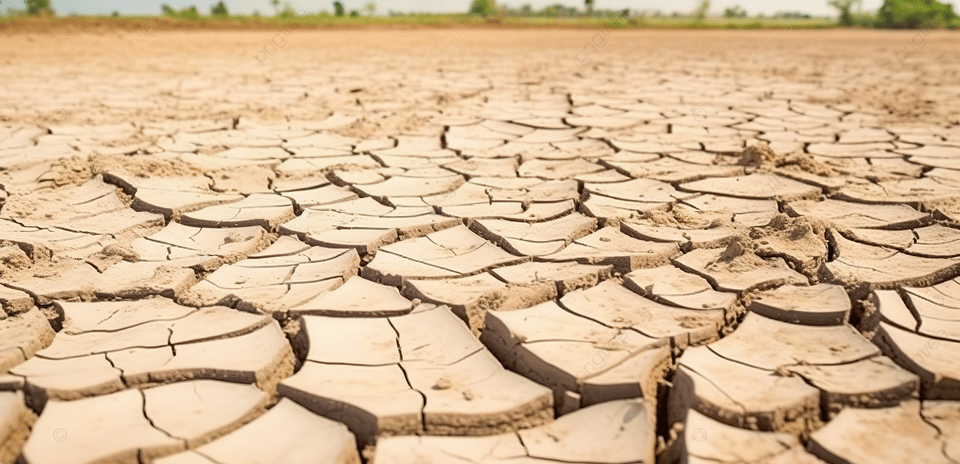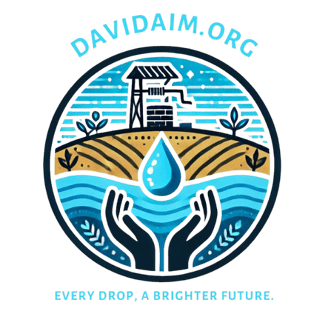Top Water Scarcity Challenges Facing Africa in 2025
Top Water Scarcity Challenges Facing Africa in 2025. many communities face extreme water scarcity due to a combination of environmental, economic, and political factors. Here are some of the biggest challenges contributing to water scarcity in Africa today
david aim
2/11/20252 min read


1. Climate Change and Drought
Africa is experiencing more frequent and intense droughts due to climate change. Rising temperatures and irregular rainfall patterns have drastically reduced the availability of surface and groundwater, making it harder for people to access safe drinking water. Many rivers and lakes are drying up, leaving communities without reliable water sources.
2. Rapid Population Growth
Africa has one of the fastest-growing populations in the world. As more people need water for drinking, farming, and industry, demand is exceeding supply. Many cities and rural areas struggle to provide clean water to growing populations, leading to shortages and competition for resources.
3. Poor Infrastructure and Water Management
Even in regions where water is available, poor infrastructure prevents people from accessing it. Many communities lack the necessary pipelines, pumps, and filtration systems to deliver clean water. In some cases, existing water systems are old, broken, or poorly managed, leading to leaks and contamination.
4. Pollution and Contamination
Water sources across Africa are increasingly polluted due to industrial waste, agricultural runoff, and poor sanitation. In many areas, people rely on rivers and lakes contaminated with bacteria, chemicals, and waste, leading to serious health risks like cholera, diarrhea, and other waterborne diseases.
5. Political and Economic Barriers
Water scarcity is not just an environmental issue—it’s also a political and economic challenge. Many governments struggle to fund water infrastructure projects or fail to prioritize clean water access. In some cases, corruption and mismanagement prevent water from reaching those who need it most. Additionally, conflicts over water rights between communities and countries have made access even more difficult.
6. Overuse of Water Resources
Agriculture accounts for nearly 70% of water use in Africa, but inefficient irrigation methods often lead to excessive water wastage. Additionally, industries and cities extract large amounts of water from rivers and lakes, further depleting resources and leaving rural communities with even less access.
What Can Be Done?
Despite these challenges, there is hope. Organizations like Davidaim.org are working to provide sustainable water solutions by:
✅ Drilling wells and boreholes in remote areas
✅ Educating communities about water conservation and sanitation
✅ Advocating for better water policies and infrastructure investments
✅ Promoting eco-friendly water solutions, like rainwater harvesting and solar-powered filtration


